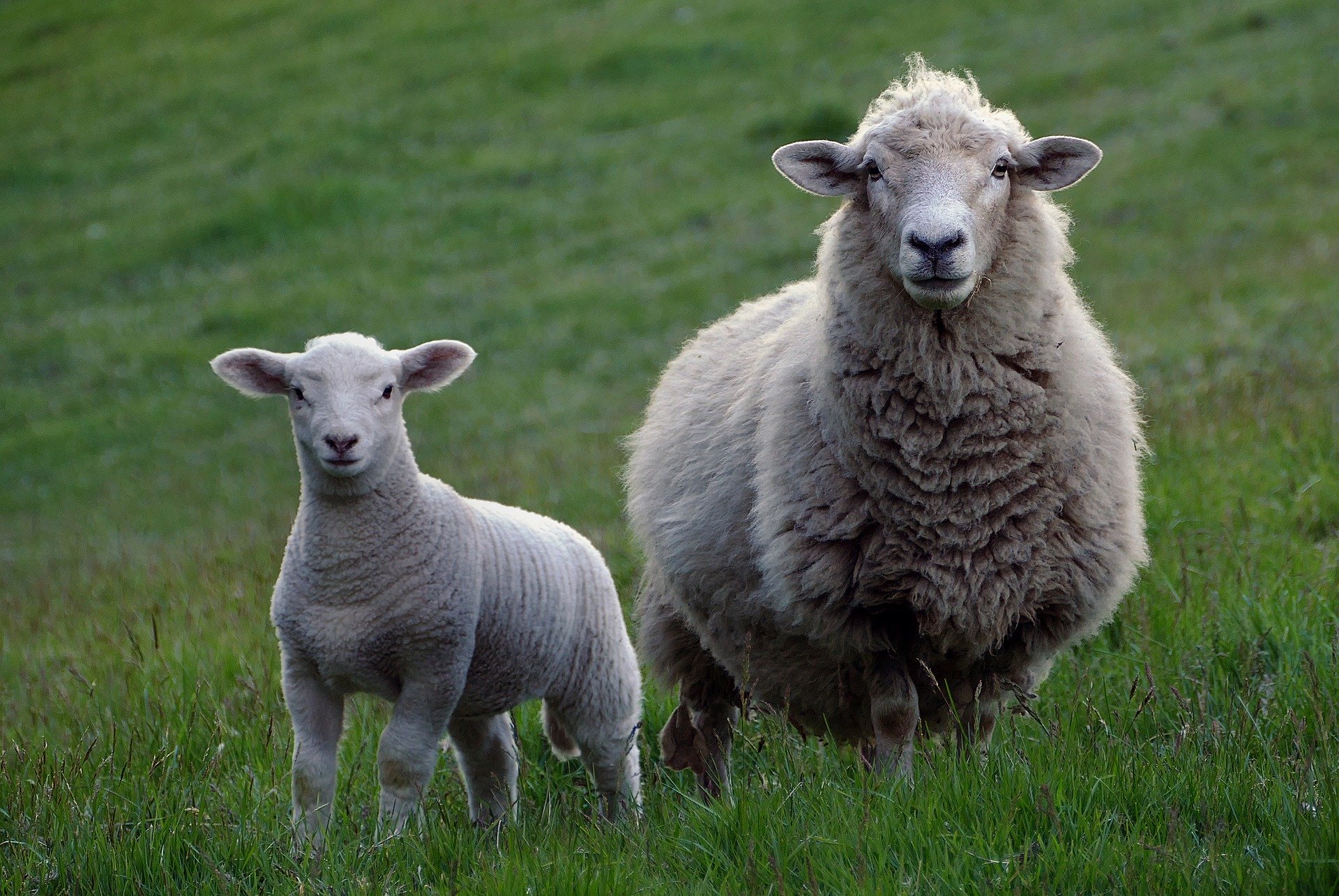During pregnancy, the old adage about “eating for two” really isn’t great advice. This is true for humans, but it’s also true for livestock.
Associate professor of animal science at the University of Connecticut, Sarah Reed has received a $499,990 grant from the US Department of Agriculture to try to identify the effects of poor maternal nutrition during pregnancy on sheep offspring. She is specifically interested in better understanding how maternal diet affects offspring growth and metabolism, along with oxidative stress and inflammation. The results that Reed and her team find in sheep are likely to be transferable to other livestock species and even to humans.
It is important that the mother has a healthy and nutritionally appropriate diet, as restricted or over-feeding can have negative impacts on sheep offspring. Nutrient restricted diets during pregnancy can occur in livestock production because of changes in weather patterns and poor pasture quality and/or availability. In contrast, over-feeding can occur due to estimating feed amounts without referring to nutritional requirements.
Knowledge is limited on how changes in inflammation, oxidative stress, and metabolism contribute to altered muscle metabolism in male and female livestock. Since the effects vary depending on the sex of the animal, it is important to determine the immediate and multigenerational impacts of maternal nutrition on the offspring. Along with that, understanding which outcomes are correlated with postnatal growth is critical to their research.
Reed and co-investigators from the Fetal Programming Research Group, Kristen Govoni and Steve Zinn, also from UConn’s Department of Animal Science, will try to identify mechanisms that alter growth and efficiency across multiple generations of livestock.
Reed will look at the effects of poor maternal nutrition during pregnancy on offspring growth and metabolism in the first and second generations. These observations will help to determine the effects of poor maternal nutrition on oxidative stress and inflammation. The outcomes will be analyzed in a sex-specific manner to discern the different challenges each sex faces.
The results from this research will enable Reed and her collaborators to identify more specifically how poor maternal nutrition can alter growth and feed efficiency and which changes become permanent across multiple generations of livestock. Armed with this knowledge, scientists can develop interventions to reduce the negative effects of poor maternal nutrition. They anticipate that this would lead to improved animal health and livestock production across generations.
“This is a really exciting project because, for the first time, we’re able to put together all of the pieces – we’ll be able to analyze how efficiently these animals grow and utilize feed, determine differences between the sexes, and identify short- and long-term outcomes of maternal diet in the offspring. Being able to follow these animals throughout their lifespan and across multiple generations will also give us great insight on how these changes may be impacting growth and health of future generations,” says Reed.
Sarah Reed is an associate professor of animal science at the University of Connecticut. She received her B.S. from Delaware Valley College and went on to get her M.S. and Ph.D. at the University of Florida. Her research interests focus on the regulation of muscle and muscle satellite cells, stem cells, by different growth and disease conditions. Her lab currently focuses on two main areas of interest: the one discussed above as well as how inflammation and oxidative stress impact muscle.
Grant # 2019-67015-29736



